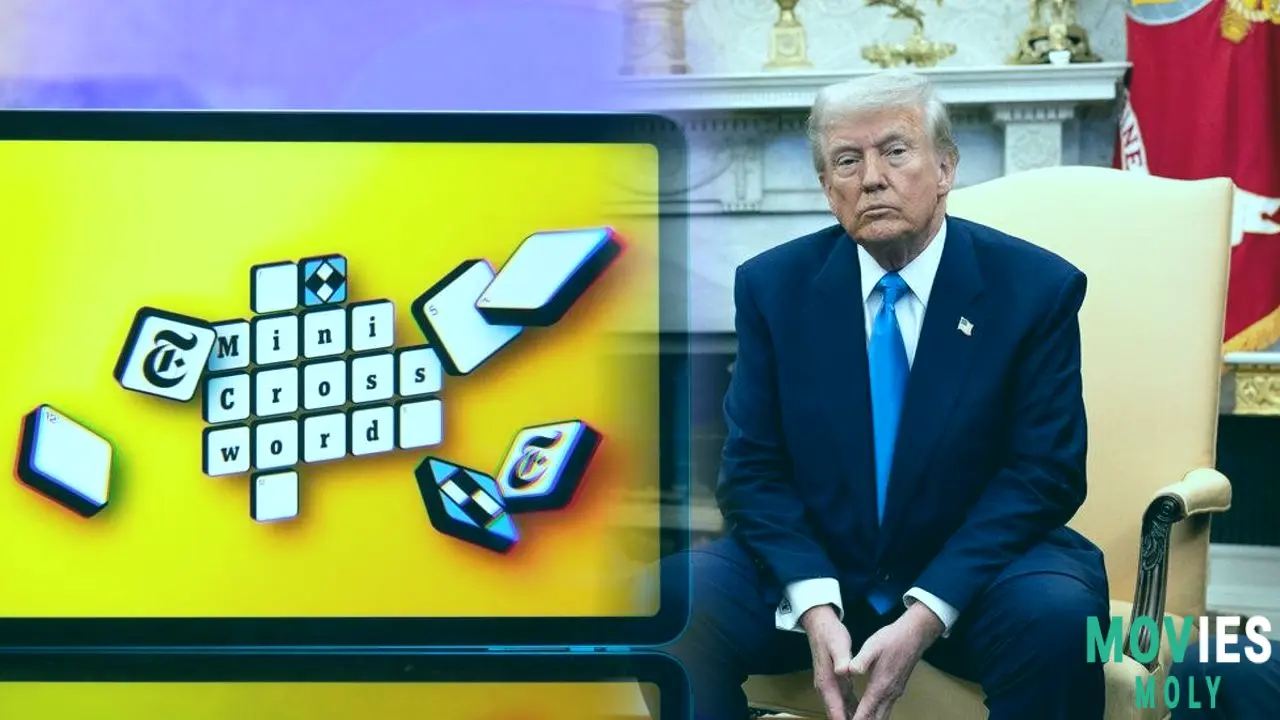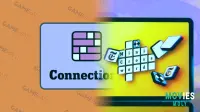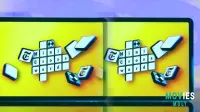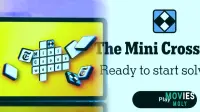The Nyt Mini Crossword is one of those daily little puzzles that can make you feel really smart or totally stumped in a matter of seconds. It is a quick mental workout. Unlike its bigger, longer crossword sibling, the Mini is all about speed and cleverness in just a few boxes. It is a nice way to start the day. Most days, I try to get it done in under a minute. But every now and then, a clue pops up that makes you pause, scratch your head, and really think. Today, there was one that made me slow down quite a bit.
The clue that gave me a moment's pause was "Old Russian rulers." At first, my brain started listing off all sorts of historical figures, but then I remembered the simple answer. It is one of those clues that feels almost too easy once you figure it out. Yet it can really trip you up if you are not thinking quickly. The Mini has this way of mixing up common knowledge with surprising angles. This specific clue certainly did that for me. It is a reminder that even the smallest puzzles can offer a good challenge.
The Specific Clue That Had Many People Thinking Today For A MomentWhy "Old Russian Rulers" Might Have Given Solvers A Moment's Pause in the Mini Crossword
The clue "Old Russian rulers" felt like it should have been a super-fast solve. After all, it is fairly common knowledge. But sometimes, when you are in "speed-run" mode, those simple things are the hardest to get. My mind immediately went to a list of names, which was not helpful for a short crossword answer. The answer, of course, was "TSARS." Once it clicked, I almost laughed at myself for overthinking it. It is always satisfying to get a clue that initially seems tricky but turns out to be straightforward.
This kind of clue is what makes the NYT Mini Crossword so appealing. It is not just about knowing facts. It is also about how you think about those facts under pressure. The puzzle masters behind the Mini often throw in words that seem simple but are actually part of a larger theme. Today's puzzle had a lot to do with languages. That theme might have made people think of more complex answers for the Russian rulers clue. But "TSARS" fits perfectly in the short grid. It is exactly the kind of cleverness I have come to expect from these daily puzzles.
The Broader World of the NYT Mini Crossword and Its Daily Appeal to Everyone
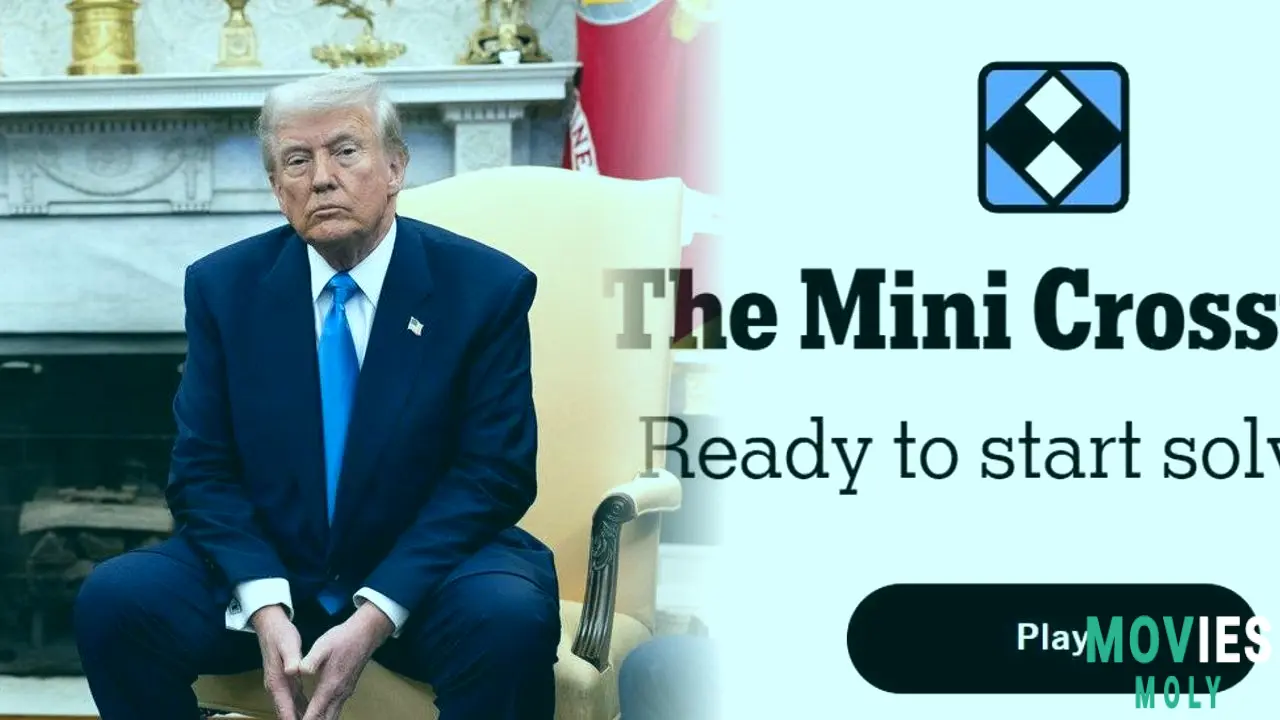
Why This Daily Puzzle Keeps Millions of People Coming Back for a Quick Mental Challenge
The NYT Mini Crossword has become a big part of many people's daily routines. It is a small puzzle. It is usually five by five boxes. But it packs a punch. It is free to play on the New York Times website or their games app. This makes it very easy to access. Most people love the quick satisfaction of solving it. It is like a quick mental jog in the morning or during a break. I know for me, it is a way to feel like I have accomplished something before the day even properly starts. It is a small win that feels surprisingly good.
What sets the Mini apart from its larger counterpart is its focus on speed. You are not expected to spend hours on it. Instead, it is about getting those quick answers. The clues are often playful. They can be about history, geography, pop culture, or even everyday sayings. This mix keeps things interesting. Sometimes, like today, a theme runs through the puzzle. That can make certain answers easier or harder depending on how quickly you catch the theme. It is similar to other popular daily puzzles like Wordle or Connections. They all give you a bite-sized challenge that is just enough to keep your brain active without being overwhelming.
The Mini has created a whole community of solvers. People often share their times online or talk about the trickiest clues of the day. It is a shared experience. That makes the simple act of solving a crossword feel like part of something bigger. I find myself looking forward to it every day. It is a small part of my routine that brings a bit of fun and a little bit of a brain teaser. Even when a clue makes me groan, I am already excited for the next day's puzzle. The feeling of finally getting that tough answer is worth it.
A Brief Look Back at Russian History Through the Lens of a Crossword Clue
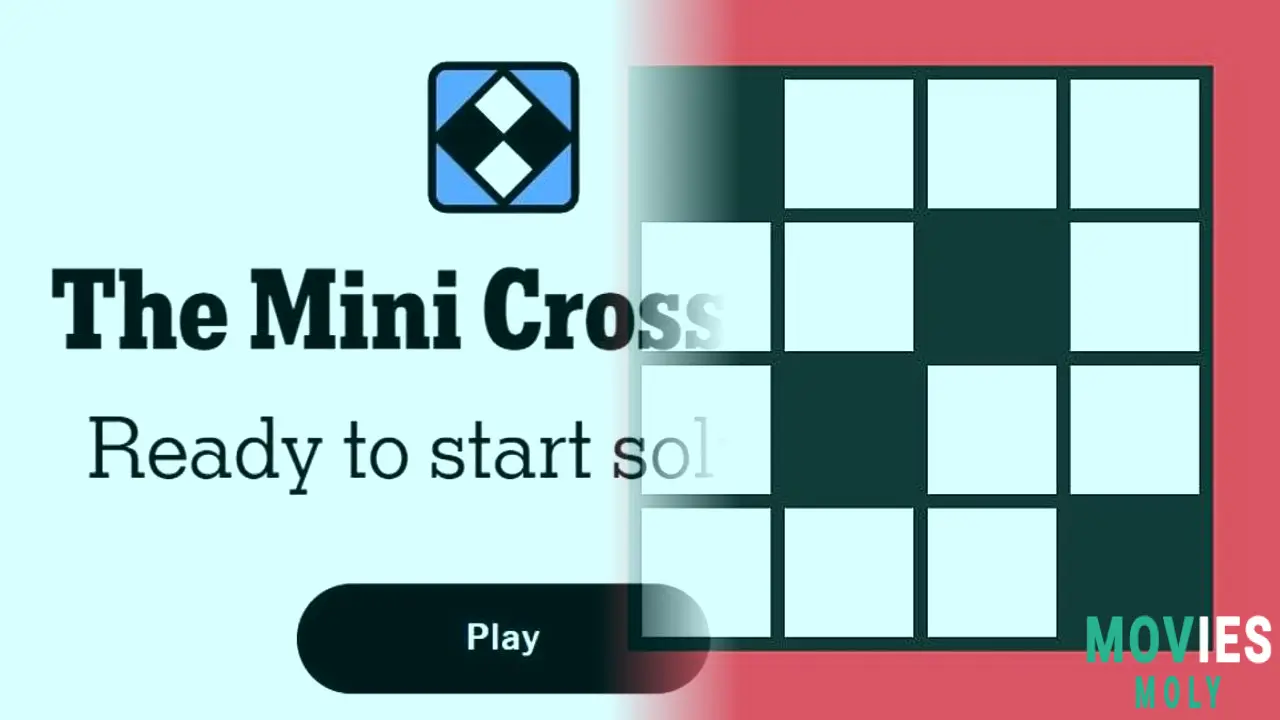
Understanding the Historical Background Behind the Answer "TSARS" and Why It Fits So Well
The word "Tsars" has a long history. It refers to the emperors of Russia. The title was first used by Ivan IV, who became known as Ivan the Terrible, in the 16th century. Before that, Russian rulers had different titles. The term "tsar" comes from the Latin word "Caesar," just like "Kaiser" in German. This shows a connection to the Roman Empire. The tsarist rule lasted for centuries in Russia. It ended with the Russian Revolution in 1917, when Nicholas II was overthrown. This long history makes "TSARS" a very fitting answer for "Old Russian rulers." It is a simple word that carries a lot of historical weight.
Learning little bits of history through puzzles is always fun. It is a casual way to pick up or recall information. The crossword clue does not ask for deep historical facts. It just asks for the common term. But knowing a little more about it adds a layer of satisfaction to the solve. It makes you appreciate how much history is packed into just a few letters. For a quick puzzle, it can spark a moment of historical reflection, which I think is pretty neat. It reminds me how language and history are always connected.
My Own Experience With The New York Times Mini Crossword Puzzles and Daily Challenges
Sharing My Thoughts on How These Clever Little Puzzles Can Make Your Day Better or Worse
I have a real soft spot for the NYT Mini Crossword. Some days, I breeze through it in under 30 seconds. Those are the days I feel like a crossword genius. The words just appear, and I type them in before I even fully process the clue. It is a rush. Then there are other days, like today, where a clue like "Old Russian rulers" just stops me dead in my tracks. It is not that it is hard. It is just that my brain goes into overdrive, looking for some super obscure answer. Those are the moments when I realize I have to step back. I have to take a breath and think a little more simply. It is a humbling experience when a five-letter word makes you feel like you need a history book.
The Mini often plays on our expectations. It uses common phrases or references in unexpected ways. Sometimes, the humor comes from how silly the clues are. Other times, it comes from how silly my brain is for not getting it right away. It is all part of the fun. I always tell my friends that the Mini is a test of how well you can quiet your inner overthinker. The puzzle wants you to be direct. It wants you to trust your first instinct, usually. But then it throws in a curveball just to keep you on your toes.
The daily ritual of solving the Mini is something I cherish. It is a small, consistent challenge in a world that often feels anything but consistent. Whether I finish it quickly or need a few extra moments to figure out a tricky clue, the satisfaction of seeing that "Solved" screen pop up is always there. It is a brief escape, a little mental treat. And today's puzzle, with its nod to Russian history, was a perfect example of how much enjoyment can be packed into just a few simple lines on a grid.

